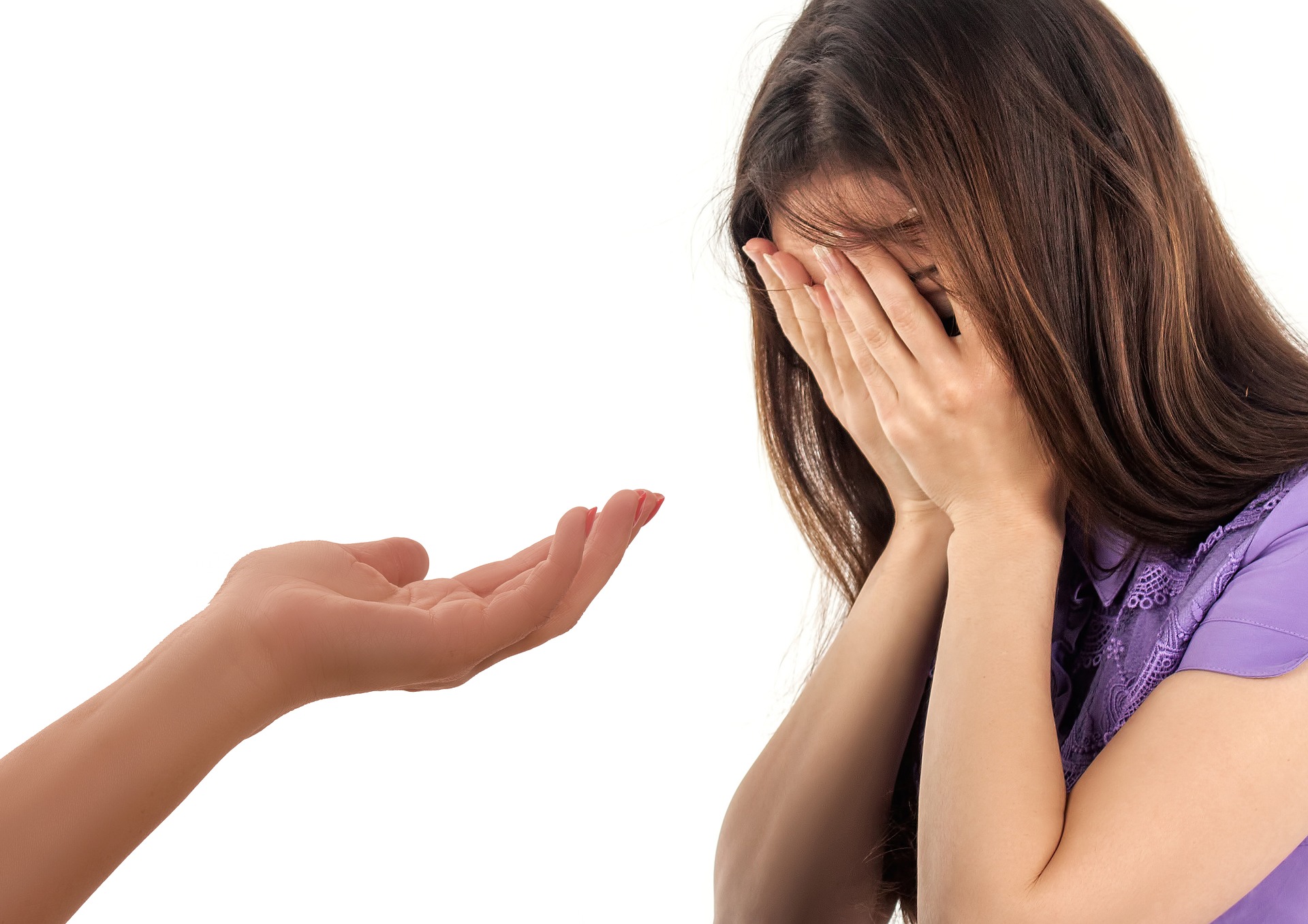The derogatory term ‘snowflake’ is applied all too often to our young people. True, this generation of adolescents haven’t had to go to war or deal with rationing. They are often driven to places that their parents may have cycled or walked to, and most of our young people have the comfort of living in a centrally heated house.
However, making comparisons between the different generations is rarely helpful. The world has changed significantly over the last three decades, and our young people are living with a range of pressures and challenges that are very different to those experienced by their parents and grandparents.
In fact, I think it’s fair to say that our youngsters live in a more pressurised, faster paced, more demanding world than we’ve ever seen before. Which may be one reason why our young people often speak of mental, physical and emotional exhaustion – or burnout.
Burnout in the young and famous
The evidence is there all around us in terms of mental health statistics; and closer to home, in the young people that we see experiencing high levels of anxiety at school, home and in their social lives.
Burnout in the younger generation has also made the media recently with the young and famous admitting to psychological exhaustion. Singer songwriter Arlo Parks, who won a host of awards in 2021, including the Brit award for Best New Artist and the Mercury prize for her album Collapsed in Sunbeams is the latest in a line of young musicians to cancel performances due to burnout.
21 year old Parks cancelled part of her US tour in September, saying: “I am broken, and I really need to step out, go home and take care of myself.” She also explained that her mental health had “deteriorated to a debilitating place”.
This comes after Sam Fender cancelled three US headline shows and his role as support act to Florence and the Machine saying: “The state of my wellbeing is starting to affect everything I do, including my performances…It is impossible to do this work on myself while on the road and it’s exhausting feigning happiness and wellness for the sake of the business.”
British duo Wet Leg have also cancelled performances recently commenting: “Our mental and physical health are such easy things to overlook when everything is so exciting and so busy, you barely have a moment to check in with yourself.”
The World Health Organisation’s recognition of burnout
Burnout was officially recognised as an ‘occupational phenomenon’ by the World Health Organisation (WHO) in 2019. It is defined as a state of physical and emotional exhaustion and has increasingly been linked to long-term workplace stress – or for younger people, to the pressures they may experience at school, college and university.
Common signs of burnout include:
- Continual negative/low mood
- Feeling out of control
- Feeling irritable and angry
- Feeling fatigued or drained
- Feeling helpless or trapped
- Feeling a sense of detachment and isolation
- Feelings of self-doubt
- A tendency to procrastinate, being easily distracted and taking longer to get things done
- Feeling overwhelmed
Managing burnout
Young people often experience burnout during exams – but also at other points in their lives, and for different reasons. Alongside the intense academic and social pressures, adolescents can often struggle to understand and/or communicate their feelings. This means that they are often less well equipped to recognise the signs of burnout – and to take proactive steps to avoid or manage it.
There are practical steps that they can take: looking at sleep patterns and ensuring they get enough rest and relaxation, taking regular exercise, eating healthily – and generally looking after themselves.
Can counselling help?
Counselling can also help young people to make sense of what is going on for them and to address some of the negative thoughts and behaviours that can lead to burnout. As is the case with many physical ailments, it’s better to be proactive and tackle the issue before it becomes too entrenched or overwhelming. If you are a young person worried that you may be approaching burnout, or you are concerned that a young person in your family is exhibiting signs of burnout, seeking professional help through therapy could be a helpful tool, alongside addressing some of the physical elements of burnout such as sleep quality and nutrition.
Book in for a free 20 minute consultation
I offer a free 20 minute consultation at Archway Health and Wellbeing to help a young person decide if counselling could be helpful to them. If you are interested in booking a free consultation with no obligation, call 01858 410 820 or email admin@archwayhealth.co.uk.

